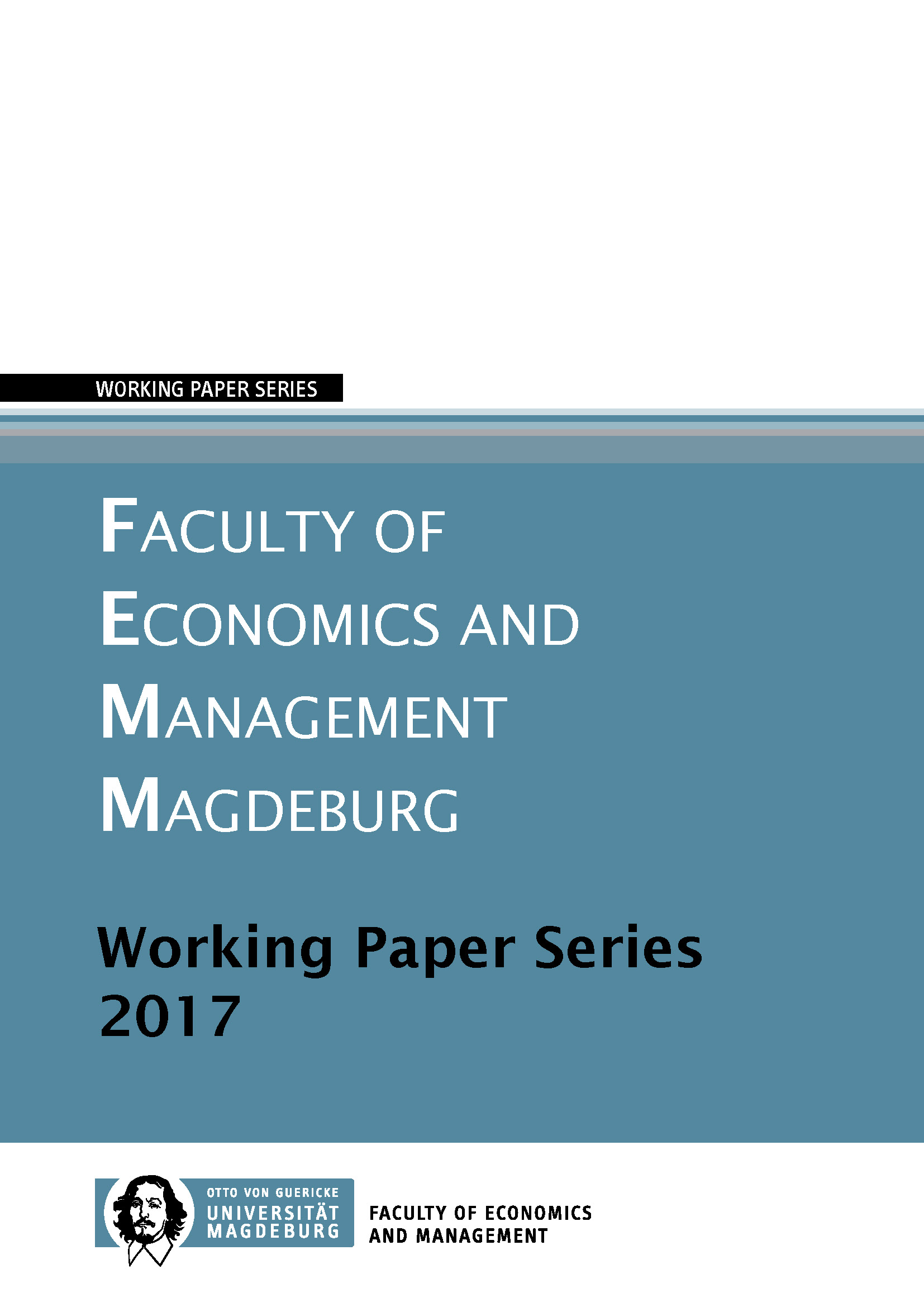More Rights, Less Income?
An Economic Analysis of the New Copyright Law in Germany
DOI:
https://doi.org/10.24352/UB.OVGU-2018-568Schlagworte:
Institutional Regulation, Copyright Law, Bargaining, Creative Industries, Efficient ContractingAbstract
The German copyright law was reformed in the end of 2016 with the purpose of ensuring reasonable pecuniary compensation to authors. It proposes an option which entitles authors to negotiate copyright transfers with an additional publisher after a vesting period of ten years. The results of a two-stage bargaining model show that the proposed copyright system may actually harm authors, as publishers may internalize a potential impairment on profits from increased competition within contract negotiations. This paper also demonstrates that the publisher's willingness to invest into an author's career is strictly decreasing as the level of expected rivalry increases.


